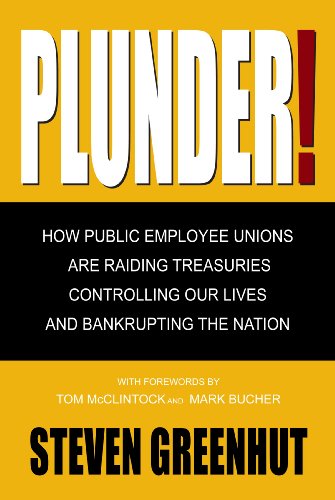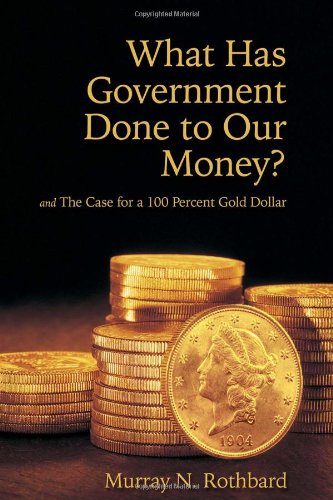The Policy Exchange think tank has analysed not just the pay and pensions public sector workers – which for a long-time have been better than in the private sector – but also their working hours and holidays as well.
 Plunder: How Public Em...
Best Price: $2.28
Buy New $11.01
(as of 12:55 UTC - Details)
Plunder: How Public Em...
Best Price: $2.28
Buy New $11.01
(as of 12:55 UTC - Details)
It found that over their lifetimes people in the private sector worked 23 per cent more hours – the equivalent to a further 9.2 years extra work – because of their later retirement, shorter holidays and lower likelihood of going on strike.
Almost 7 million working days have been lost since 1996 in public sector strikes
Longer hours in the private sector come on top of lower salaries, with the middle pay packet 12 per cent smaller.
The study also found that the more generous final salary pension schemes public sector workers enjoy added the equivalent of a further 15 per cent to their salaries.
The report has been published just three days after Nick Clegg, the Deputy Prime Minister, singled out the rapidly increasing bill for "unreformed gold-plated" public sector pension schemes as an area facing urgent cutbacks.
 What Has Government Do...
Best Price: $1.83
Buy New $25.00
(as of 08:05 UTC - Details)
What Has Government Do...
Best Price: $1.83
Buy New $25.00
(as of 08:05 UTC - Details)
It comes as George Osborne prepares to unveil the Coalition Government’s emergency budget next week, which many in both the public and private sectors fear will usher in a new age of austerity.
Neil O’Brien, Director of Policy Exchange, said: “Under the last government the pay bill got totally out of control, increasing three times faster than in the private sector.
 Meltdown: A Free-Marke...
Best Price: $0.25
Buy New $20.00
(as of 02:20 UTC - Details)
Meltdown: A Free-Marke...
Best Price: $0.25
Buy New $20.00
(as of 02:20 UTC - Details)
“To get things back under control, we should freeze the public sector pay bill in cash terms for the next four years, taking the pay bill back to where it was in 2003 in real terms. We should also follow the example of Ireland and other European countries, and ask public sector workers to pay some more towards their pensions.”
The think tank highlights how the public sector pay bill increased by 33 per cent in real terms between 2002 and 2009, three times faster than in the private sector, though a significant factor was the transfer of thousands of well-paid RBS and Northern Rock workers onto the public payroll.
However, other areas of the public sector – especially at management level – have also enjoyed a fast increase in salaries. Chief executives of National Health Service foundation trusts, for example, saw their average pay rise by 7.6 per cent from 2007 to 2008, almost four times as fast as their staff.
The Trades Union Congress argued the figures were misleading because workers in the public sector had become increasingly well educated, and that many of the lowest-grade blue collar jobs, such as cleaning and maintenance, had been outsourced to the private sector, making any comparisons meaningless.
June 21, 2010





